📚 7 Books mentioned in "Barry Barish: Gravitational Waves and the Most Precise Device Ever Built | Lex Fridman Podcast #213" of Lex Fridman Podcast
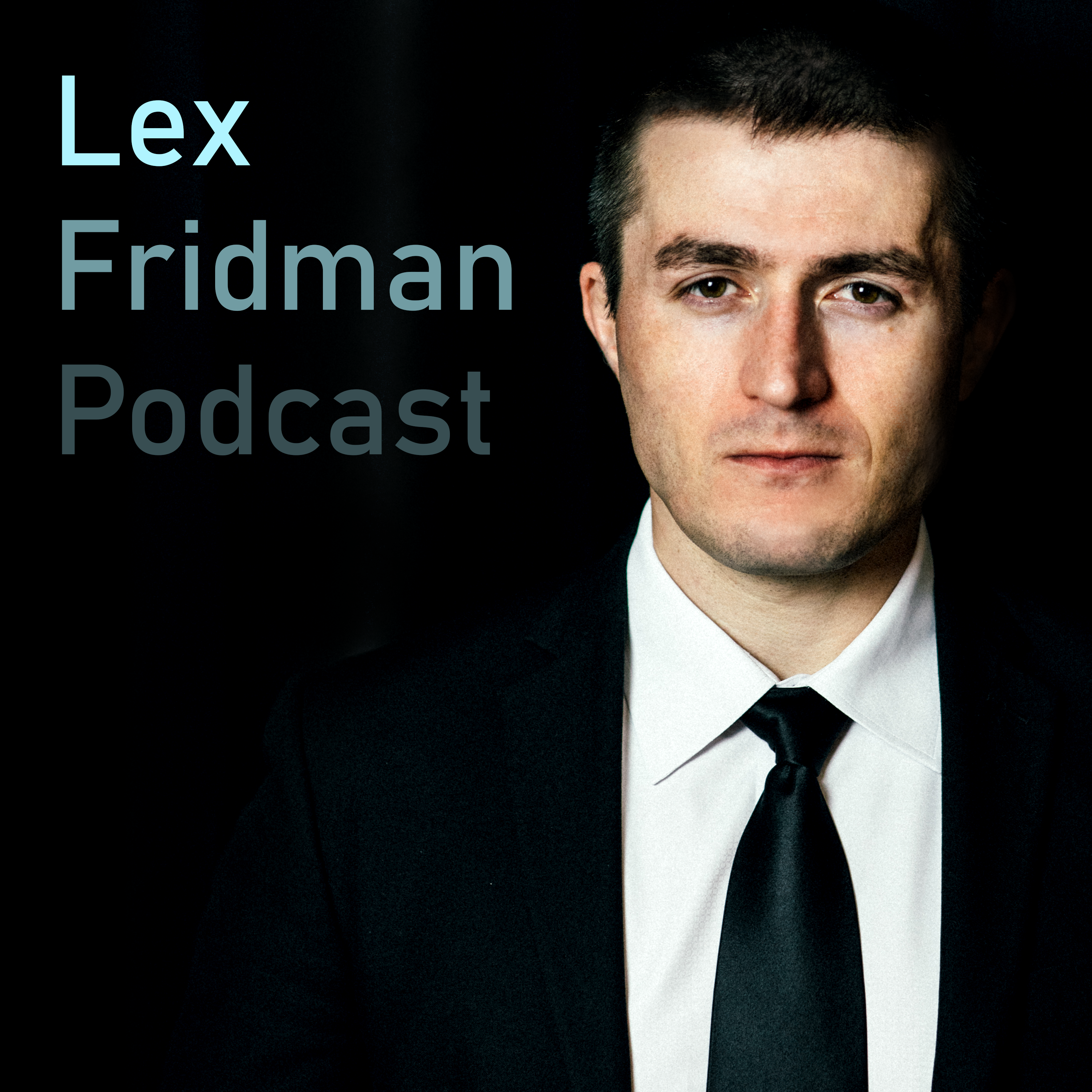
Podcast: Lex Fridman Podcast
Episode: Barry Barish: Gravitational Waves and the Most Precise Device Ever Built | Lex Fridman Podcast #213
Published on August 23, 2021
Here’s a list of all the books mentioned in this episode. Click on the links to watch specific excerpts on YouTube and feel free to purchase the books if they caught your interest!
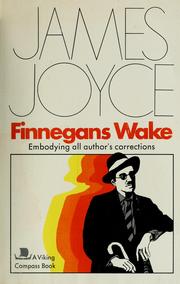
Finnegans Wake
Buy Finnegans Wake by James Joyce on Amazon
and then finnegan's wake the moment i started finning his wake i said this this is stupid
Lex Fridman mentions starting this book by James Joyce and finding it difficult.
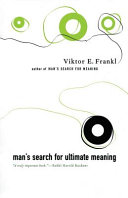
Man's Search For Ultimate Meaning
Buy Man's Search For Ultimate Meaning by Victor Frankl on Amazon
but i think what i get from him is basic um it's like uh victor franco has a man search for meaning
Lex Fridman compares Solzhenitsyn's themes to those in this book by Viktor Frankl.
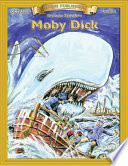
Moby Dick
Buy Moby Dick by Herman Melville on Amazon
What was the book? Moby dick
Barry Barish mentions this book as the one that discouraged him from becoming a novelist.
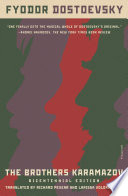
The Brothers Karamazov
Buy The Brothers Karamazov by Fyodor Dostoevsky on Amazon
i mean their uh religiousity would permeated his idea i mean one of my favorite books of his is the idiot
Lex Fridman mentions this as one of his favorite books by Dostoevsky.
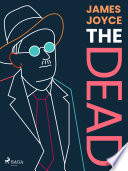
The Dead
Buy The Dead by James Joyce on Amazon
and i kept reading like i think so his short stories the dead I think it's called was very good
Lex Fridman mentions reading this short story by James Joyce.
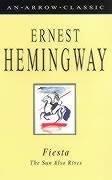
The Sun Also Rises
Buy The Sun Also Rises by Ernest Hemingway on Amazon
Well in terms of fish i recommend people read old man in the sea much shorter much better
Lex Fridman recommends this book as an alternative to Moby Dick.
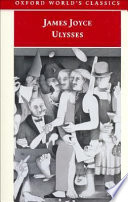
Ulysses
Buy Ulysses by James Joyce on Amazon
but then ulysses was I I I got through ulysses with the help of some cliff notes and so on
Lex Fridman mentions reading this book by James Joyce, noting he needed help to get through it.
